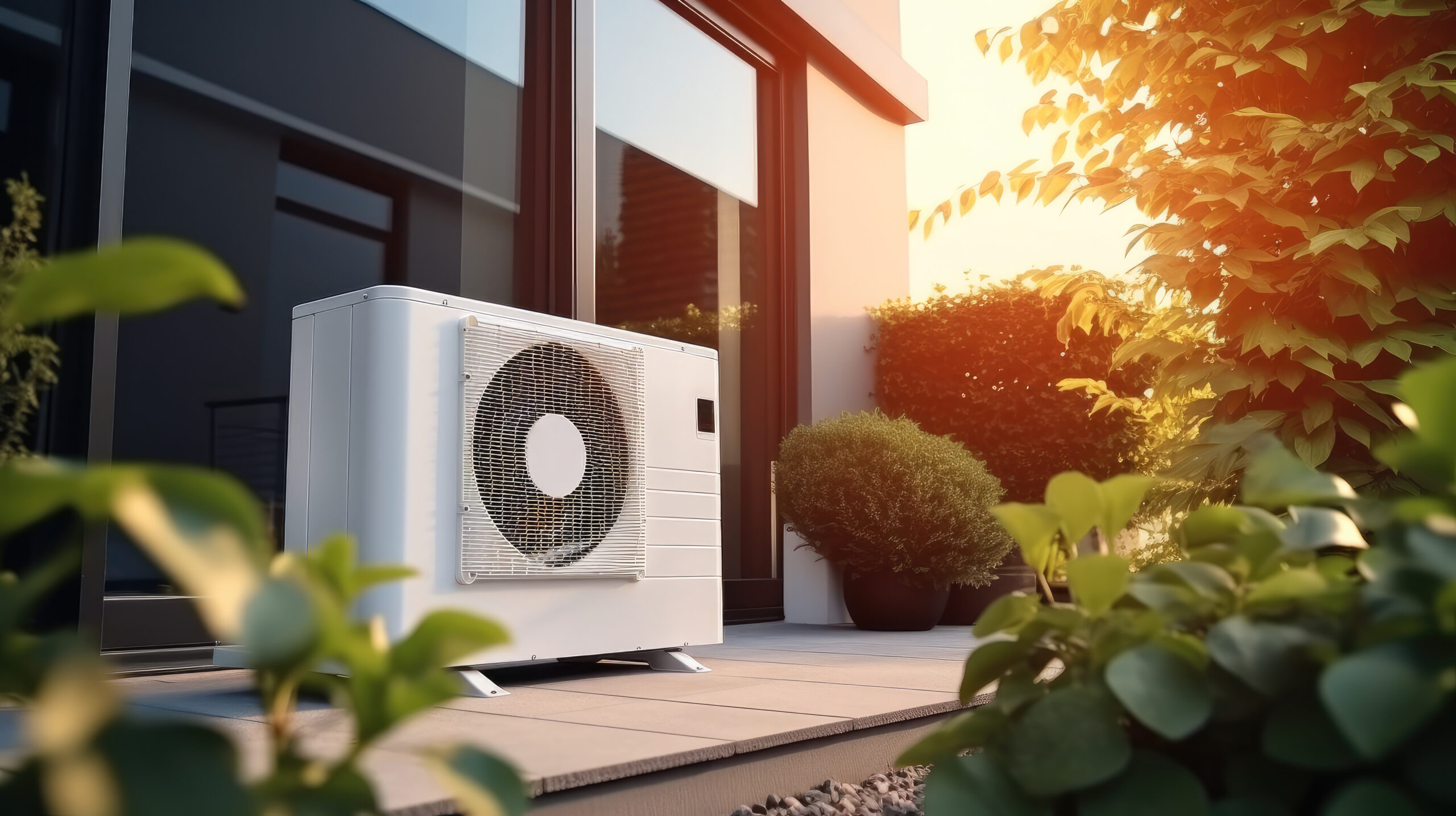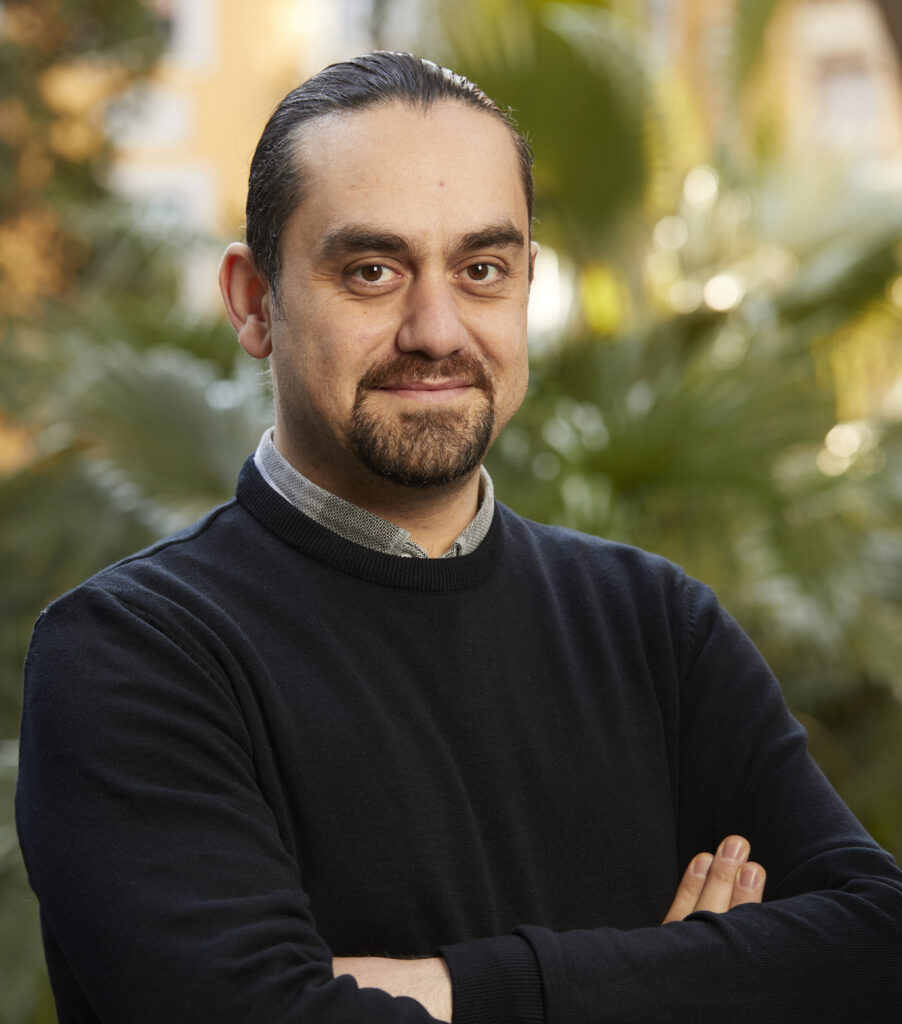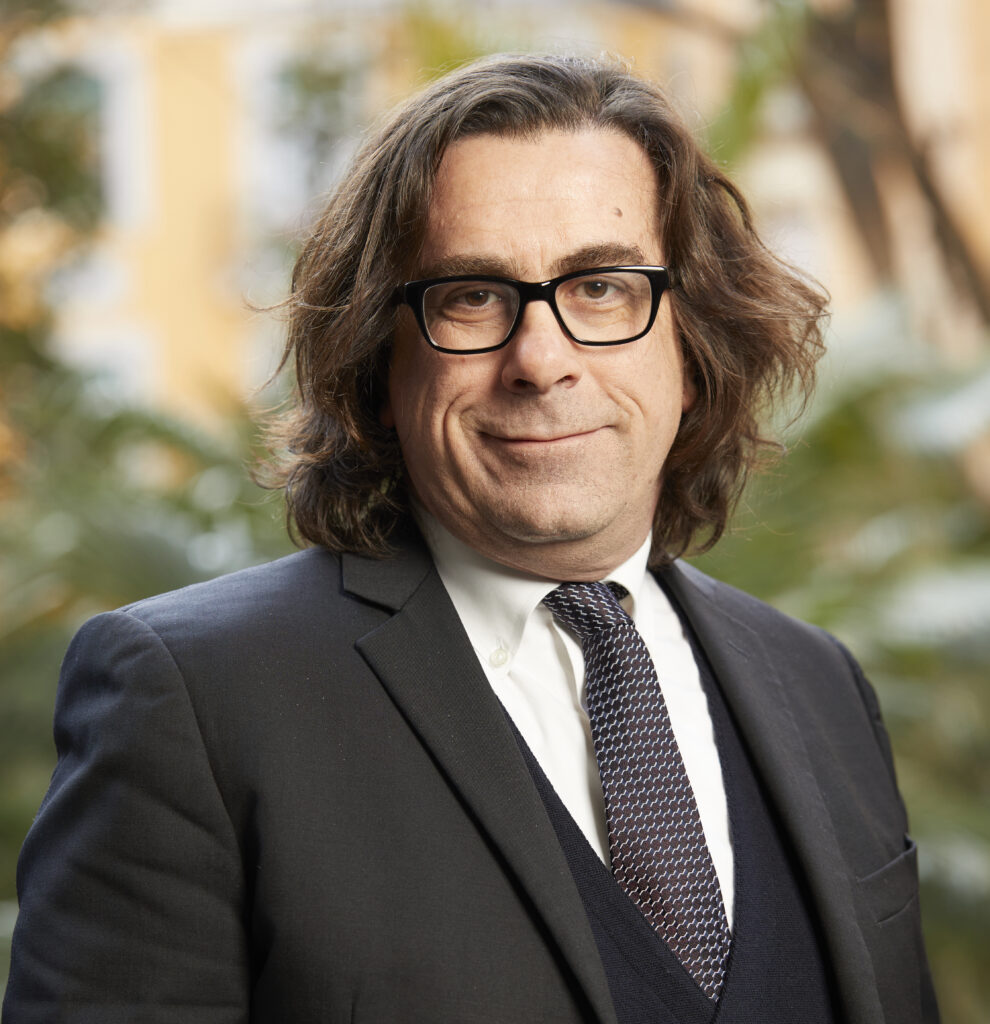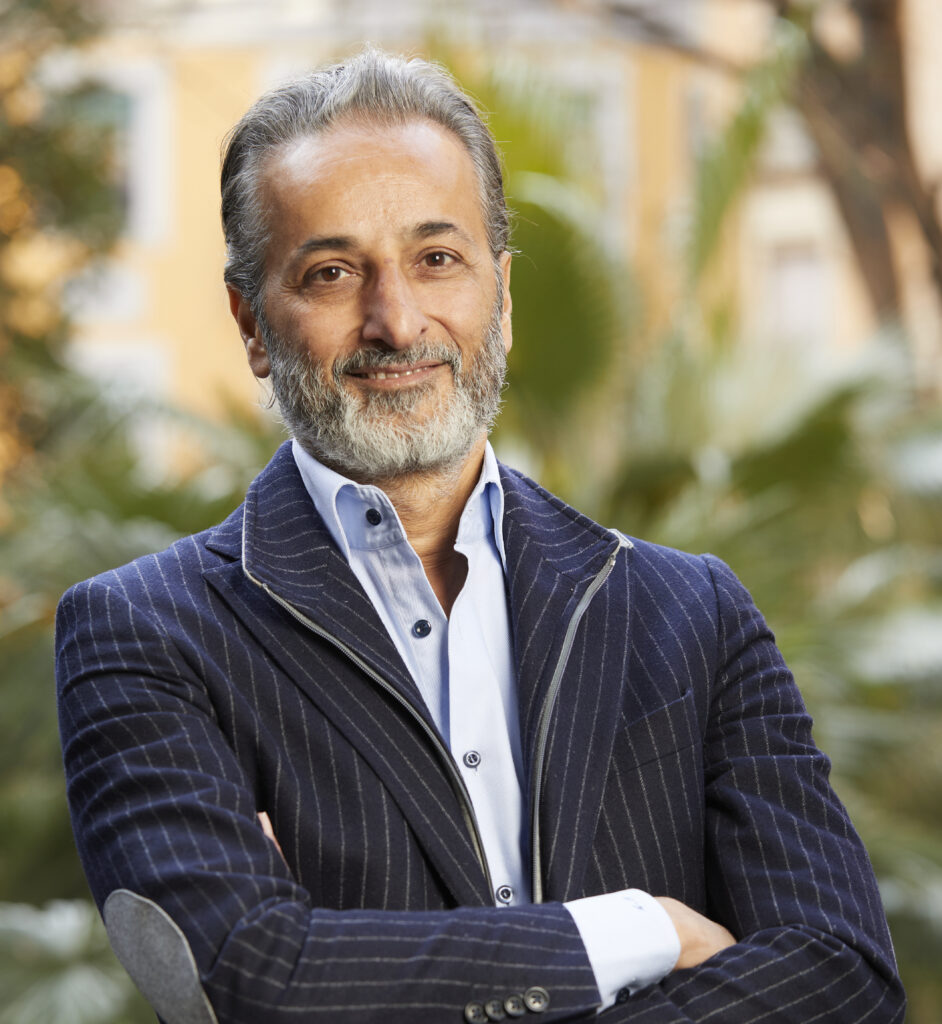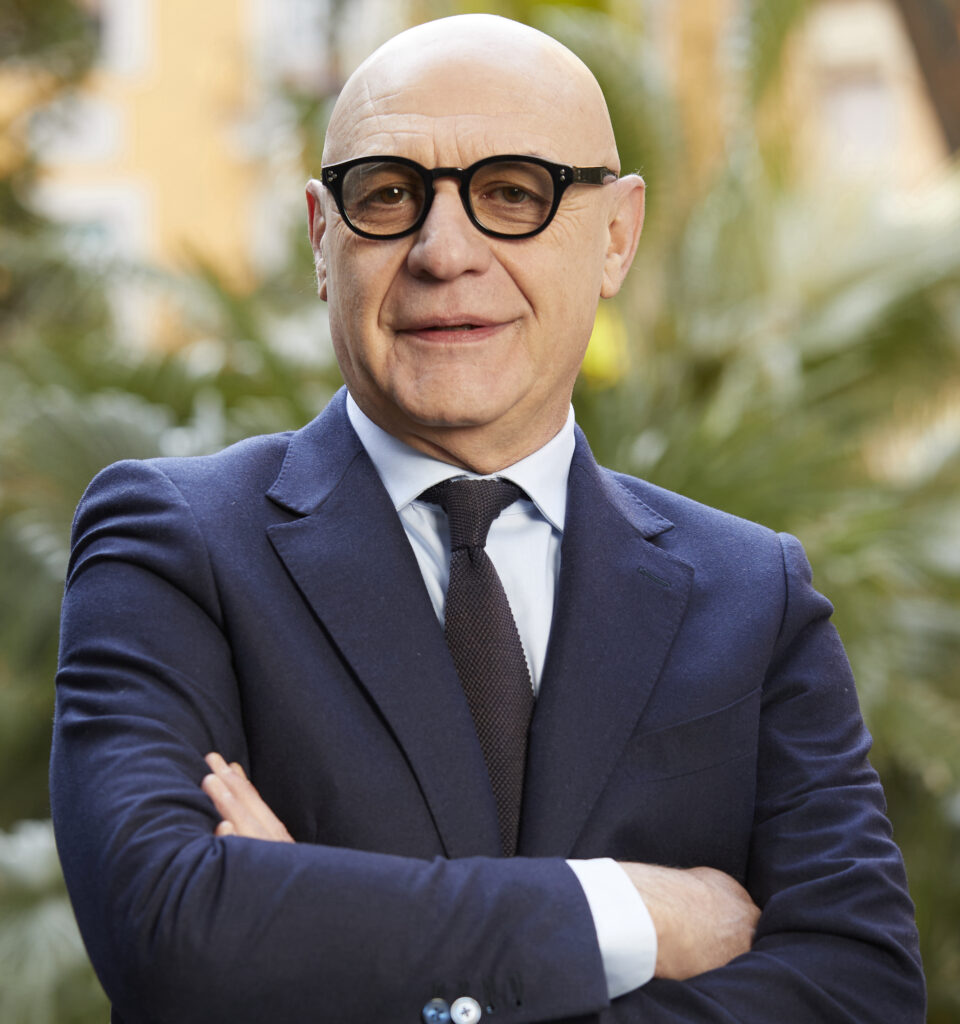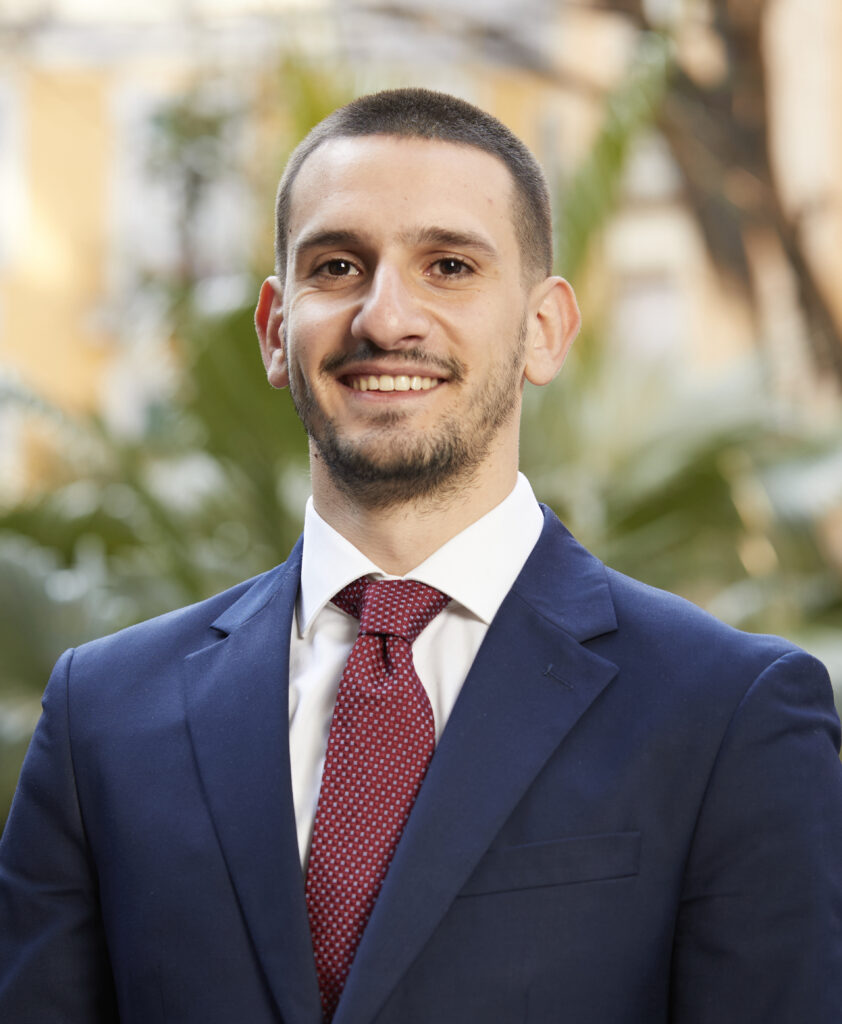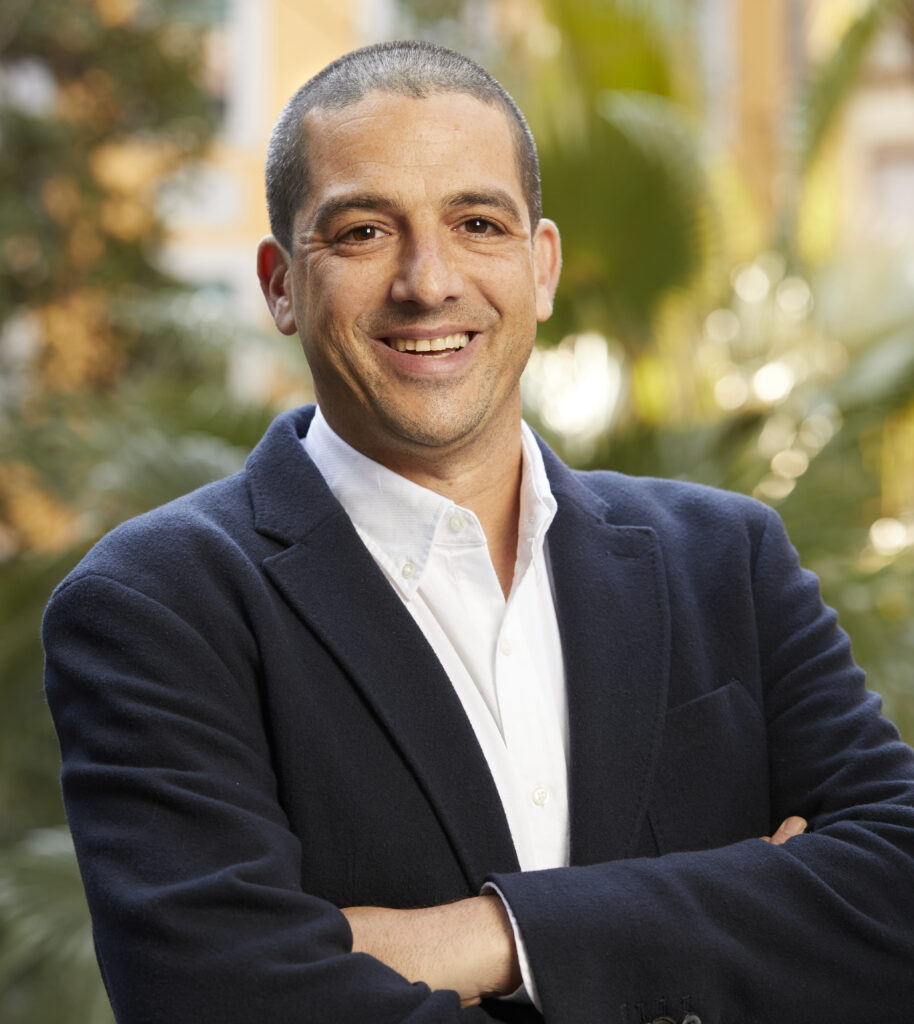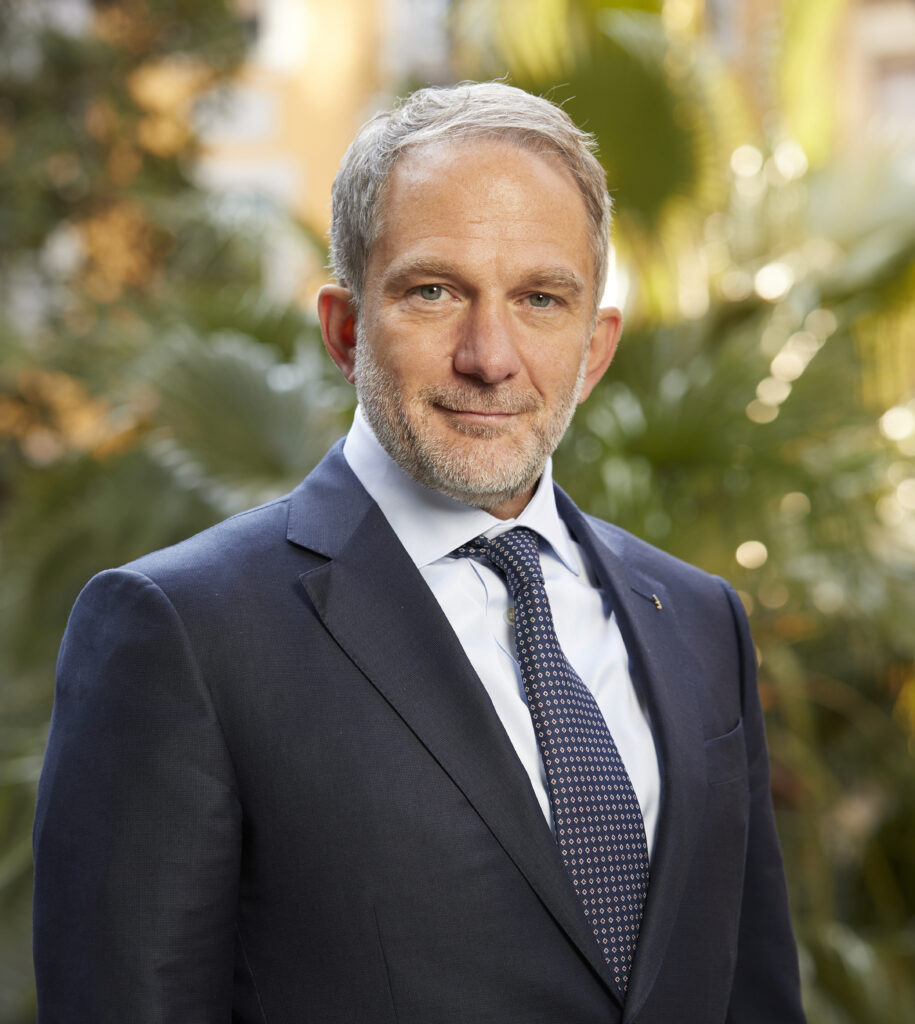The United Nations Environment Programme (UNEP) estimates that the building sector is responsible for 37% of energy-related CO2 emissions. Transitioning to sustainable heating solutions is crucial to reduce emissions from buildings and combat climate change. Together, we hold the power to reshape the way we heat our homes, not only mitigating the environmental impact of the building sector but also forging a path toward a more sustainable and greener future for all.
Traditional Heating Methods and Their Carbon Footprint
Most buildings today are heated by burning fossil fuels like natural gas and heating oil. For example, about two-thirds of UK households use mains gas for heating. The Department for Business, Energy and Industrial Strategy (BEIS) found that 78% of households in the UK used mains gas central heating in Winter 2021. The carbon dioxide released from burning these fuels is a major contributor to global warming. Switching to renewable heating alternatives can dramatically reduce emissions from buildings. Research conducted by the Carbon Trust found that heat pumps could deliver CO2 savings of up to 70% compared to conventional electric heating, and up to 65% compared to an A-rated gas boiler.
Sustainable Heating Solutions
Harnessing Renewable Energy Sources
One of the most promising solutions for sustainable heating involves tapping into renewable energy sources. Solar panels, wind turbines, and geothermal systems have the capacity to generate both heat and electricity while inflicting minimal harm on the environment. For instance, solar thermal systems capture sunlight to heat water or air, which can then be utilised for space heating or hot water purposes. By adopting such systems, we can substantially diminish our reliance on fossil fuels and experience long-term reductions in energy expenses.
Solar thermal system capacity is projected to grow by over 55% worldwide between 2020 and 2027.
(Source: https://www.iea.org/reports/renewables-2020/heat)
Embracing Heat Pumps
Heat pumps stand as energy-efficient devices designed to transfer heat from the surrounding environment to heat indoor spaces. These devices come in two primary types: air-source heat pumps that extract heat from the air, and ground-source (geothermal) heat pumps that leverage the earth’s stable temperature. The versatility of heat pumps extends to both heating and cooling functions, making them a multifaceted and eco-friendly choice.
The global geothermal heat pump market is expected to reach $6.8 billion by 2027.
(Source: https://www.grandviewresearch.com/industry-analysis/geothermal-heat-pump-ghp-market)
Biomass Heating
Biomass heating systems rely on organic materials such as wood, agricultural residues, or even algae to generate heat. While burning biomass does release CO2, it is considered carbon-neutral when managed sustainably. By sourcing biomass locally and utilising advanced combustion technologies, we can significantly curtail emissions while maintaining an environmentally friendly approach.
Biomethane could provide up to 25% of global building heat demand by 2050.
The Rise of District Heating
District heating networks are rapidly gaining popularity in urban settings. These systems capitalise on a central heat source, frequently a combined heat and power (CHP) plant or a renewable energy source, to supply heat to multiple buildings via an interconnected network of insulated pipes. This approach significantly minimises energy wastage and can efficiently utilise waste heat generated from industrial processes.
Energy-Efficient Building Design
Enhancing the energy efficiency of buildings stands as a crucial element of sustainable heating. Well-insulated homes, energy-efficient windows, and smart thermostats collectively contribute to substantial reductions in heat loss and energy consumption. Passive house design principles take this concept to the next level, creating structures that require minimal heating or cooling, ultimately aligning with our sustainability goals.
Challenges and Considerations
While sustainable heating solutions offer numerous advantages, their widespread adoption faces several challenges. These include the initial cost of installation, the need for supportive policies and incentives, and the importance of educating consumers about these technologies. Overcoming these hurdles requires collaborative efforts to create an environment favourable to the widespread adoption of sustainable heating solutions, involving strategic investments, policy support, and educational initiatives to foster awareness and facilitate a transition to more sustainable heating practices.
Looking Ahead
Transitioning to renewable heating technologies is crucial, but it’s also important to rethink our overall approach to thermal energy in buildings. Simply replacing fossil fuel systems with renewable alternatives may not be enough. We need to fundamentally reassess energy use – from building design to consumer behaviour to energy policy. Fostering consumer awareness and incentives around energy savings is key. Governments implementing comprehensive thermal decarbonisation policies can drive systemic change. Renewable heating is part of the solution, but fully achieving sustainable, low-carbon buildings requires a holistic reimagining of our relationship with energy.
Renewable technologies like solar thermal, geothermal, biogas and green hydrogen have huge potential as climate-friendly alternatives to fossil fuel heating. As a leading developer of renewable projects, Hyphen is helping drive the adoption of these technologies. By embracing renewable heating, we can create a carbon-neutral built environment and a greener future.

